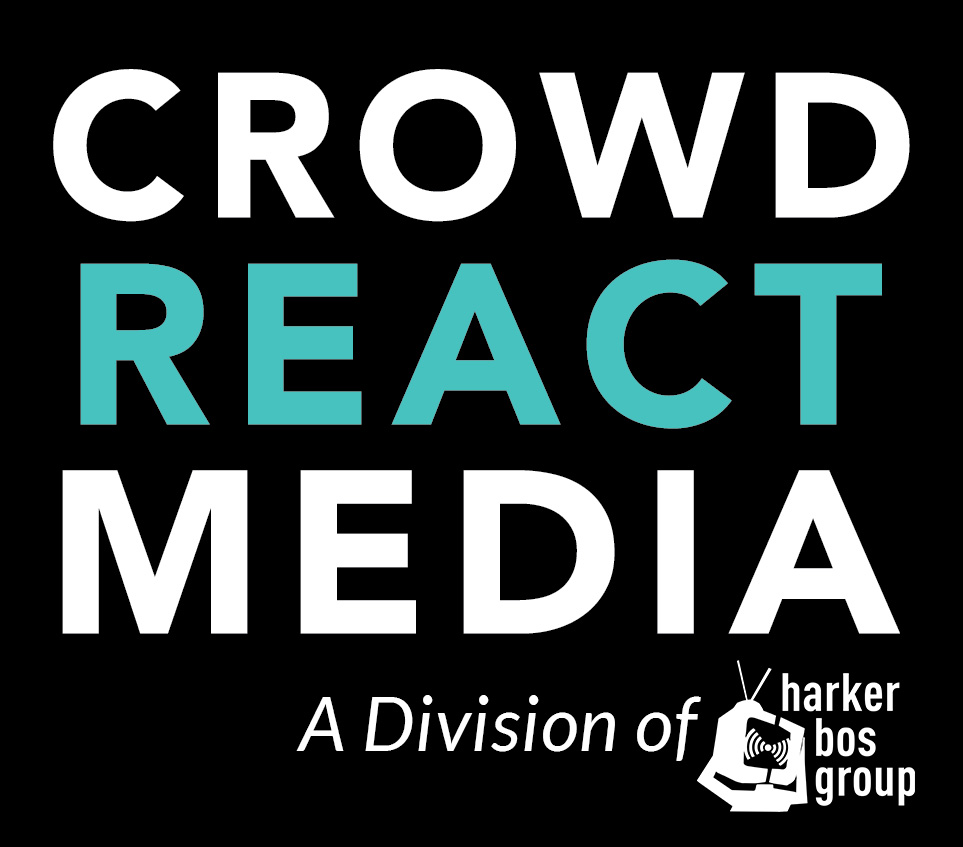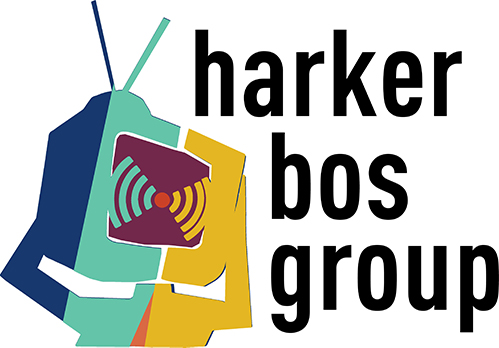Weekly Roundup – Week of November 28, 2022
Sports Media & Sports Betting News
Media Notebook: Bob Iger's Disney Return Raises Gambling Questions
"Word emerged over the weekend that Bob Iger was returning to the Walt Disney Co., raising plenty of questions about the massive media company’s long-anticipated embrace of sports betting. So far, it has prompted nothing but speculation from the industry, much of it probably unfounded.
It’s way too early to think this means Disney, which has majority ownership of ESPN, will no longer dive headlong into an embrace of sports betting. That certainly would go against the grain of the American sports landscape at the moment.
The outgoing Disney CEO, Bob Chapek — who either left voluntarily, as the company claims, or was forced out, as The New York Times reported — had signaled that the company was in talks with several sports betting operators as it looked to gain a stronger position in the field. Some people are speculating that the management shakeup could signal a change in direction, since the 71-year-old Iger made comments in a 2019 Disney earnings call that the company wasn’t too keen on rushing toward regulated sports betting partnerships. Iger was at Disney from 2005 to 2020."
Why The N.F.L.'s Big Streaming Deal Is Going Into Overtime
"Roger Goodell, the National Football League’s commissioner, flew to Sun Valley, Idaho, this summer for Allen & Company’s annual media conference, confident that the N.F.L. was close to announcing its latest blockbuster TV rights deal.
“We will probably have some decision by the fall,” he told CNBC at the time.
But nearly five months later, the league is still looking for a technology or media company willing to replace DirecTV as the rights holder for Sunday Ticket, which allows fans to watch every N.F.L. game, not just those broadcast in their region. The negotiations are now expected to extend into next year, according to five people familiar with the talks.
The Sunday Ticket negotiations have been closely watched by analysts and executives. Live sports, particularly N.F.L. games, are one of the last remaining staples of traditional television. Who the winning bidder is, how much it pays and how the deal is structured will have seismic implications for the sports, media and technology industries.
Bidding for Sunday Ticket’s valuable package of games could set a precedent for how much tech firms like Apple and Google are willing to pay to take viewers from traditional TV companies, which still rely on cable subscription fees and advertising to stay afloat."
Is Critical Coverage Hurting World Cup Ratings?
"Viewership is up at Fox Sports, which has avoided any talk of scandals and human rights abuses at this year's World Cup, while broadcasters in Germany, that have been sharply critical of host nation Qatar, have seen an audience slump.
Controversy has swirled around this year’s soccer World Cup in Qatar. From accusations of bribery and fraud in granting the tournament to the tiny, wealthy Mid-East nation, to criticism of Qatar’s persecution of its LGBTQ+ community and its treatment of migrant workers
But, judging by viewership figures after the first week of matches, the critical coverage hasn’t hurt the ratings much.
In the U.S., broadcasters Fox Sports and Telemundo, who are carrying the tournament in English and Spanish, respectively, have got off to a strong start. Sunday’s opening match between hosts Qatar and Ecuador was watched live by an average of around 7 million people across both networks. An average of 4 million tuned in to Spanish-language broadcasts on Telemundo, Peacock and Telemundo Deportes’ digital platforms, a 164 percent increase on the 2018 World Cup opener between Russia and Saudi Arabia. English-language viewership on Fox was up 78 percent on the 2018, with a peak of 3.5 million catching the match, compared to 1.7 million who watched the opening game in 2018.
...
Fox has been careful to avoid any criticism of host nation Qatar, with on-air hosts ignoring any and all controversial topics. Fox has a sponsorship agreement with sponsorship agreement with Qatar Airways and several Visit Qatar tourism spots have run during the channel’s World Cup coverage, but Fox has denied its sponsorship deals are influencing its coverage.
...
In Germany, however, where official World Cup broadcasters ARD and ZDF have reported extensively on human rights abuses in Qatar and on calls to boycott the tournament, viewership so far has been sharply down on previous World Cups.
The German team’s surprise 1-2 defeat to Japan on Wednesday drew just 9.2 million viewers on ARD, although the early kick-off time —2 PM in Germany —may have also played a role. The audience was a fraction of the nearly 26 million that watched Germany’s opening match of the 2018 World Cup in Russia (which also the Mannschaft go down in defeat, 0-1, to Mexico)."
News & Political Media News
Nielsen's Media Rating Council Suspension Isn't The Only Threat To Its TV Ratings Dominance
"The news: The Media Rating Council’s audit committee has decided to keep its suspension of accreditation for Nielsen's national TV ratings in place, according to a letter to customers seen by Adweek.
The MRC will provide Nielsen with a list of areas in which to improve compliance and a timeline to adhere to; these will help influence when the measurement company's accreditation could be reestablished.
MRC senior vice president and associate director David Gunzerath acknowledged the suspension was still in effect, but said the MRC is actively working with Nielsen so accreditation can “occur relatively soon”—and added Nielsen had made “significant progress” on issues that led to its suspension.
In a statement to Insider Intelligence, a Nielsen spokesperson said it is "continuing to strengthen panel maintenance, recruitment and innovation to ensure that the industry can continue to rely on persons-level measurement well into the future."
MRC 101: Simply put, it’s the body that develops guidelines for digital advertising.
Standards developed by the MRC, such as viewability and IVT (invalid traffic), provide universal definitions and measurement information that make it possible to compare and comingle data gathered by different entities.
The MRC awards accreditations through a stringent assessment procedure in which applicants disclose the metrics they use, and an auditor confirms they are truly tracking the measures they claim to.
How we got here: After the measurement juggernaut admitted to underestimating audiences locally and nationally early in the pandemic, potentially costing clients millions of dollars, the MRC withdrew Nielsen’s accreditation more than a year ago.
Despite the cloud over its head, Nielsen fared well at upfronts.
The firm recently inked a measurement deal with Roku, not to mention Netflix."
For Shopping, Phones Are Common And Influencers Have Become A Factor - Especially For Young Adults
"From ordering household items to purchasing the latest fashions, the internet has reshaped how, when and where people can make purchases. At the same time, social media has become an important tool for consumers, with some Americans – particularly younger adults – following and turning to influencers for recommendations, according to a Pew Research Center survey conducted in July.
As the busiest shopping season looms, Americans have several ways to shop online, but smartphones have become a top way to do so. Roughly three-quarters of U.S. adults (76%) say they ever buy things online using a smartphone, while a somewhat smaller share (69%) say they ever make purchases via desktop or laptop computers. Far fewer Americans (28%) report ever buying things online on a tablet.
Mobile phone shopping is especially common among adults under 50. Around nine-in-ten Americans ages 18 to 49 (91%) say they ever buy things online using a smartphone, compared with 69% of adults 50 to 64 and 48% of those 65 and older.
Age gaps are modest when it comes to shopping on a tablet. Still, those ages 30 and older are more likely than those 18 to 29 to say they ever use a tablet to purchase things online (30% vs. 20%). Experiences shopping on a desktop or laptop computer do not statistically differ across age groups."
What Makes Us Vote The Way We Do?
"A contrary strand of democratic thought has long argued that our political behavior is more likely driven by our sense of collective identity than by our individual perceptions. The influential 1960 study The American Voter made the case that partisan identity—often inherited from parents—exerts a much greater influence on voter choice than can be explained by factual understanding of issues. This work introduced the fundamental argument that democratic politics is, at root, less an aggregate of individual-level choices than it is an outward expression of internally felt group ties. That point has only become more salient in our contemporary age. Researchers find both that partisanship sits at the heart of our political worldviews, and that partisanship itself has become more affective than it is ideological. That is, partisan affiliation has less to do with traditional policy platforms or even a necessarily coherent stand on the issues, than it does a sense of belonging and the strength of our emotional ties to others with whom we perceive social solidarity or kinship. At the same time, our dislike for the other—our sense of distance between us and them—has become a primary driver of political attitudes and behavior. That only appears to increase year over year, as we sort ourselves into political communities arranged around a host of social characteristics, including socio-economic status, region, race, and religion.
In turn, contemporary political campaigning is largely about affective representational claims. Candidates often position themselves as prototypes of a particular social group, a living embodiment of its characteristics and ideals, as well as its fears and insecurities. More than simply suggesting resemblance, though, would-be representatives actively work to construct the very identities they then claim to represent. Political representation itself, the theorist Lisa Disch suggests, is the act of providing a potential, but as yet unformed, constituency with “an image of itself”—of encouraging people to define themselves around “a common enemy, a common problem, a common demand” that does not exist outside the representation, but instead is “narrated into being by it."
Latino Media Network Clears FCC Hurdle In Quest To Purchase Miami's Radio Mambí
"Latino Media Network, the newly formed media company that stirred controversy when it announced plans this summer to purchase Miami’s Radio Mambí along with 17 other stations in Hispanic markets, has been approved by the Federal Communications Commission to buy the Spanish-language stations from TelevisaUnivision. Monday’s decision by the FCC is a significant step toward finalizing the $60 million deal. On Wednesday, a Latino Media Network spokesperson said the company continued to “focus on creating a broadcast network that is owned by and made for our country’s rapidly growing Latino population.”
“As we move in 2023, we will be listening to the communities we serve to help build a multimedia network that inspires, informs and celebrates our unique Hispanidad,” the spokesperson said. TelevisaUnivision declined to comment. Once announced this summer, the deal quickly became political as members of Congress from around the country debated Latino Media Network’s purchase, particularly as it pertained to Radio Mambí.
Conservative critics warned that LMN’s leaders, who have ties to Democratic campaigns and left-leaning networks, would push changes out of step with the audience for the station, an institution in the Cuban exile community in Miami. Democrats, who in recent years have warned of the spread of misinformation on Spanish-language radio and media networks, advocated for the sale to go through."
Recent Blogs from Crowd React Media & Harker Bos Group
HBG Media Minute: Radio Morning Shows As Podcasts
In his latest Media Minute, Sean discusses the importance of publishing podcast highlights/replay of morning radio programs.


